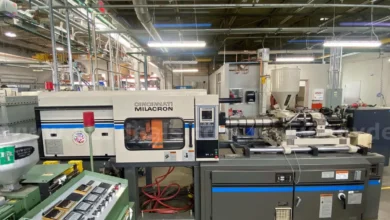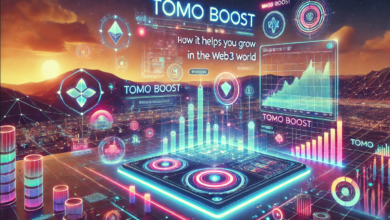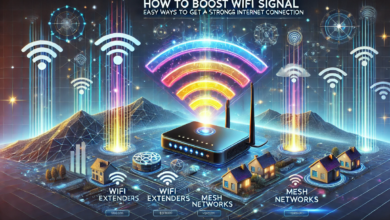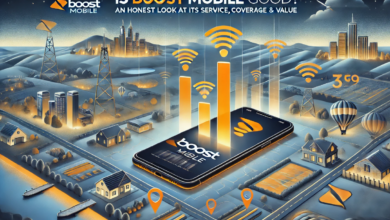AI Characters: How They’re Changing the Future of Gaming and Interaction
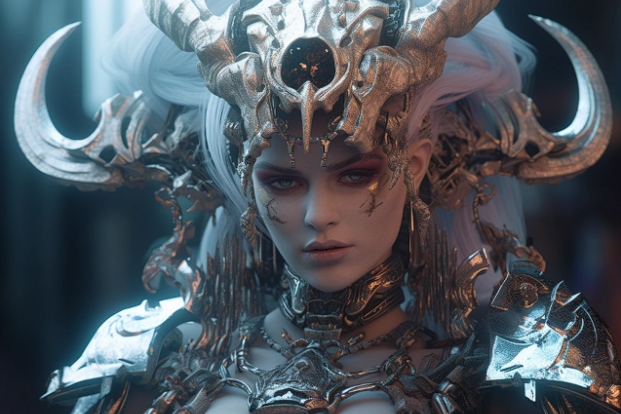
AI characters are quickly becoming a major part of the digital world, changing the way we play games and interact online. These intelligent, virtual beings are powered by advanced artificial intelligence, allowing them to behave in ways that feel surprisingly human. Whether they’re helping you solve puzzles in a game or just chatting with you in a virtual space, AI characters are revolutionizing how we think about virtual worlds.
In this blog post, we’ll dive into the exciting world of AI characters, exploring how they work, the ways they’re used, and how they might shape the future of gaming, education, and beyond. From Minecraft to virtual assistants, AI characters are already making an impact, and this is just the beginning.
What Are AI Characters? A Simple Explanation for Everyone
AI characters are digital beings powered by artificial intelligence that can think and act on their own. They are programmed to interact with humans and other virtual beings in games or digital spaces. These characters might look like avatars, animals, or even robots, and they can do things like talk, make decisions, and follow rules.
For example, in video games, AI characters are often used to make the game world feel more real. Instead of following a set script, they can react to your actions in different ways, just like a real person might. They don’t need to be controlled by a player to do something interesting—they can decide what to do based on what happens in the game.
The cool part is that these characters learn from their surroundings. If one character is friendly, another might try to make friends. If someone is mean, others might avoid them. It’s all about how AI characters are designed to behave.This causes the game world to feel more invigorated and dynamic.
As technology gets better, AI characters will become more advanced. They’ll be able to do even more complex tasks, and their personalities will be richer. In the future, AI characters might even be able to interact with us in real life, offering help or just having fun conversations.
How AI Characters Are Transforming Virtual Worlds
AI characters are not just important in video games—they’re changing how we think about virtual worlds. These characters help create more immersive experiences, where players feel like they’re really part of the environment. They can react to player choices, work together with other characters, and even form their own communities.
For instance, in games like Minecraft, AI characters can build their own homes, work together in teams, and even have social lives. This kind of behavior used to only happen with human players, but Characters AI now make it possible for digital worlds to function just like the real world.
With AI characters, virtual worlds become places where people can explore endless possibilities. Instead of just completing tasks, players can interact with AI characters in ways that are unpredictable and exciting. These characters might even create their own jobs, make friends, or start movements, which adds a layer of surprise and fun.
Moreover, AI characters allow for much more creativity. Since they can think and act on their own, developers are able to build new kinds of gameplay experiences. Players don’t just follow a story—they help write it, too, by shaping the world around them with their interactions with AI characters.
The Role of AI Characters in Video Games: More Than Just NPCs
In video games, AI characters have always been used as NPCs (non-playable characters), but today, their role is growing. They are no longer just there to give players missions or stand around. Simulated intelligence characters can now play out a great many activities and have particular characters.
- Intuitive and Dynamic: man-made intelligence characters can gain from player conduct. For example, if you’re kind to them, they might become friendly and help you. If you ignore them, they might become sad or start acting differently.
- Creating Stories: Instead of just following the script, these characters can develop their own storylines. Some might become heroes, while others might turn into villains, based on the choices players make. This makes every playthrough unique.
- Specialized Roles: Many AI characters are designed to take on specific roles in the game. They could be healers, fighters, or even traders. This adds depth and complexity to the game, making it feel more like a living world.
This shift from simple NPCs to fully interactive AI characters has made gaming more immersive and engaging. Players now feel like they are interacting with real people in these digital spaces, making the experience much richer.
Can AI Characters Develop Personalities? Exploring Their Emotional Side
AI characters are becoming more than just tools for gameplay—they are learning to develop personalities. In many games and virtual environments, these characters can express emotions like happiness, sadness, or even anger. It’s not magic—it’s the result of advanced AI technology and learning algorithms.
- Emotions in AI Characters: Using machine learning, AI characters can pick up on emotional cues from players. If you show kindness, they might react with happiness. If you act rudely, they could get upset. Over the long haul, these characters figure out how to adjust their conduct in view of collaborations.
- Building Relationships: Some AI characters even form relationships with players. They may become friends, allies, or even rivals depending on the choices you make in the game. This causes the characters to feel all the more genuine and interesting.
- Changing Personalities: As the AI characters continue to interact with players, they can change their personalities. One character might start out shy, but after forming a few friendships, they could become more outgoing and confident. These developments make the virtual world feel dynamic and alive.
While AI characters don’t actually “feel” emotions like humans do, their ability to mimic emotional responses helps create a deeper, more meaningful connection between players and the game world.
Conclusion
In conclusion, AI characters are changing the way we interact with digital worlds. They’re not just there to make games more fun—they’re making them feel more alive. From learning new skills to building friendships, these characters are becoming smarter and more interactive every day. They give players a chance to experience virtual worlds in a completely new way, where everything feels real and exciting.
Looking ahead, the possibilities for AI characters are endless. As technology improves, they will continue to evolve, becoming even more intelligent and capable. Whether in games, virtual worlds, or everyday life, AI characters are sure to play a big role in shaping the future of digital experiences. The future of AI characters is bright, and it’s something we should all be excited about!
FAQs
Q: What are AI characters?
A: AI characters are digital beings powered by artificial intelligence. They can interact with players, react to their actions, and even develop personalities on their own.
Q: How do AI characters work in video games?
A: In video games, AI characters help create a more immersive experience by reacting to players’ choices. They can form relationships, take on different roles, and even change their behavior based on interactions.
Q: Can AI characters think for themselves?
A: Yes, AI characters can make decisions on their own based on their programming. They learn from their environment and can change their actions depending on the situation.
Q: Are AI characters the same as regular game NPCs?
A: No, AI characters are more advanced than regular NPCs. They can develop personalities, make independent decisions, and adapt to players’ actions in ways that traditional NPCs cannot.
Q: What is the future of AI characters?
A: later on, computer based intelligence characters will turn out to be considerably more brilliant and more intelligent. They could play bigger roles in virtual worlds, education, and even real-world applications like digital assistants or companions.

